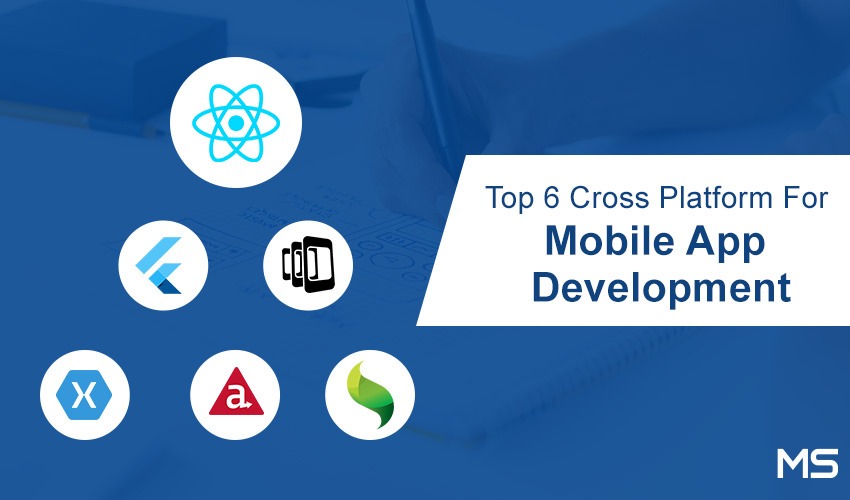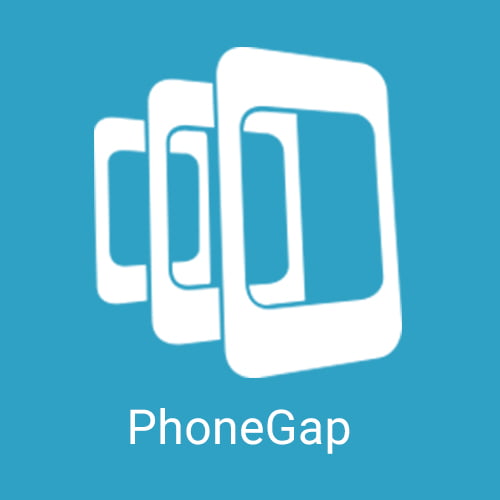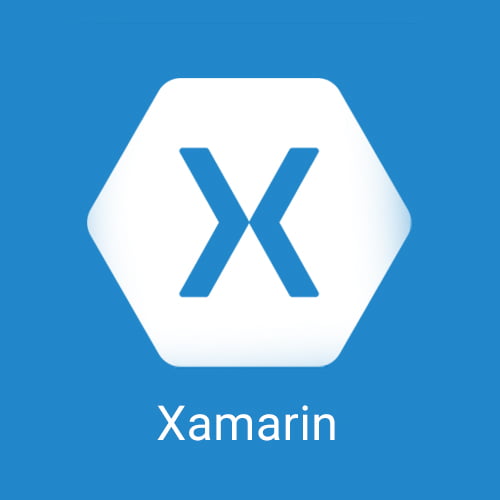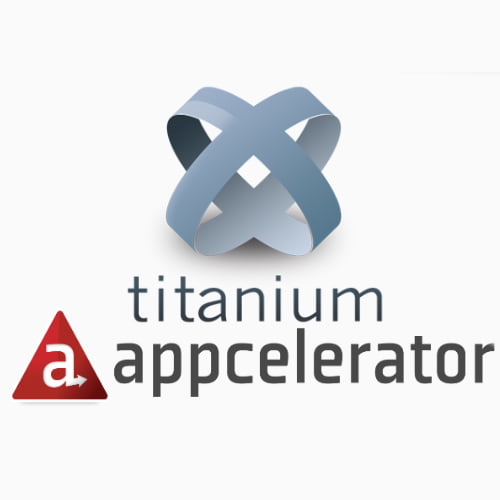
Cross-platform app frameworks are one of the best things in app development. Instead of just one platform, a developer can now develop apps for multiple platforms.
They do not have to write the same source code repeatedly – it’s therefore extremely time-saving and energy-efficient.
Though there’s no doubt that people look to hire React Native mobile app developers to work on such frameworks because they’re highly practical, they’re also quite expensive.
But still, they do have significant advantages against the high development costs.
So let’s have a look at some of the best cross-platform app frameworks for developing robust mobile apps that are available these days:
- React Native
React Native is certainly the front-runner for cross-platform app development frameworks.
Its specialty lies in allowing the developers to write code just once to be used for both the iOS and Android platforms. Due to some code advantages, the development time is reduced. Thus, developers can concentrate on another technological aspect of app development.
The need to write the code just once thus solves the problem of choosing between Native app development and cross-platform app development.
This framework by Facebook is the best option for budding startup entrepreneurs and small business owners.
- Flutter
Flutter is another solution for building cross-platform mobile applications. However, what separates Flutter from other frameworks is the programming language.
Flutter uses Dart, whereas react native uses JavaScript as its programming language. Despite being new and unique to the world of developers, Flutter is giving other frameworks a run for their money due to its excellent graphical library and smooth performance.
It provides the same native-like experience and gives users a unique and enhanced app viewing experience.
- PhoneGap
PhoneGap is also known as Apache Cordova, a cross-platform app framework with a vast fan following. This framework has helped to develop more than 3000 cross-platform mobile apps.

High programming skills are not a necessity here.
So, hiring developers wouldn’t be entirely necessary. However, you would need a basic understanding of JavaScript, CSS, and HTML.
Businesses especially love PhoneGap for its versatility and hassle-free operation due to the increased workflow.
Let’s say a developer has only worked with iOS! They can still develop apps for Mac using PhoneGap.
Being an open-source framework, anyone can use it at no cost. On the other hand, it doesn’t perform well with mobile apps and games with high graphics.
And while all plugins are available, many are outdated or unsupported.
- Xamarin
Another fantastic framework, Xamarin, is excellent if you want native apps developed for multiple mobile platforms.
Xamarin uses C# for programming, and developers can efficiently work with it, just as they do with Objective-C, Java, Swift, etc.
They can also use the same APIs and languages on different platforms.

As it lets developers share about 75% of their developed code across other mobile platforms. It saves mobile application development companies a lot of money.
Another benefit is the smooth integration of Xamarin’s functionality after testing and providing quality assurance.
However, developers still face compatibility issues when using the open-source libraries on the Android and iOS platforms.
The development process itself isn’t too easy. Therefore, it’s good news if you’re considering hiring developers to build mobile apps that would work with Xamarin.
- Appcelerator Titanium
Appcelerator Titanium uses JavaScript to code. This one is a truly time-efficient cross-platform app framework. You can develop your prototype app within no time. Next, you can push it for further evaluation using a user interface.
An advantage for developers is that they need zero effort to set up data models. Appcelerator Titanium’s schema-less store, which also acts as a write database, comes in handy for this purpose.
This framework also has a history of providing very smooth integrations with existing delivery systems such as SCM and MDM solutions.

But the disadvantage is that it is too buggy. Moreover, users are not happy with the support they get from the developers regarding Appcelerator Titanium.
- Sencha Touch
This is another best cross-platform framework that depends on hardware acceleration techniques.
Any mobile app development company looking to develop and further maintain mobile apps for large enterprises usually goes for Sencha Touch. Built by Sencha Inc. This framework uses HTML5 as its coding language.

With Sencha Touch Charts, Sencha Architect, and other sub-apps, Sencha Touch makes it easy for developers to work. It also makes integration with PhoneGap possible to help access native APIs. Though it offers some amazing themes for all mobile platforms, they are pretty limited in number and not available quite readily.
The commercial license of this framework is also not easily understandable. That too makes Sencha Touch difficult to use. The market is expected to hit $7.5 million by next year. It’s awesome to see how various cross-platform development tools are rising today.
Final Word
These are all remarkable frameworks. But you’d have to choose the one that would go great with your business model. So, which is the one that you think could represent your business the best on every major mobile platform available today?
AboutChetan Sheladiya
Related Posts
A Detailed Explanation and Update on React Native Pros and Cons in 2022!
Lately, mobile app development has been multiplying, covering every business category in advance and precisely. Many...
React vs. Angular- Which One Is The Ultimate Market Leader In 2021?
There are several front-end web development frameworks available in the market. Whenever someone plans to build an online app...

